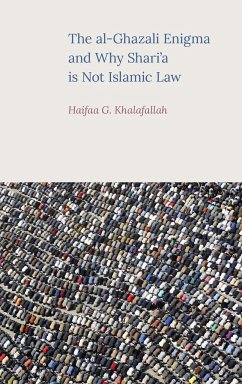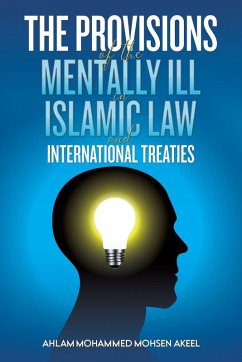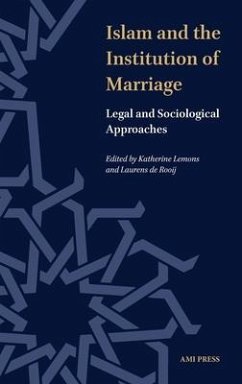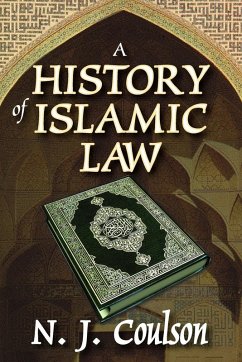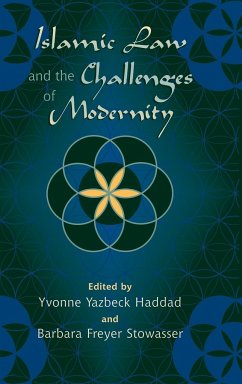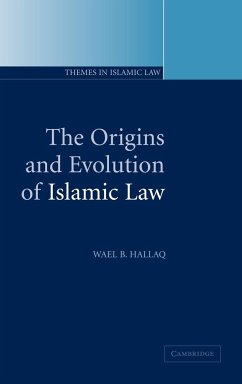
the importance of Ethics and Values in Islamic Civilization
Versandkostenfrei!
Versandfertig in 1-2 Wochen
26,99 €
inkl. MwSt.

PAYBACK Punkte
13 °P sammeln!
Human rights in Islamic civilization Introduction Western philosopher Nietzsche says: The weak and failures should perish: first principle of our love of humanity. And they should be helped to do this[1]! But the philosophy of Islam and its law have never deviated from the values and ethics, which were represented in a set of rights that included all human beings without distinction between colors, races or languages, and also included the human behavior in dealing with each other. These values and ethics were also represented in maintaining and applying these rights with the authority of Isla...
Human rights in Islamic civilization Introduction Western philosopher Nietzsche says: The weak and failures should perish: first principle of our love of humanity. And they should be helped to do this[1]! But the philosophy of Islam and its law have never deviated from the values and ethics, which were represented in a set of rights that included all human beings without distinction between colors, races or languages, and also included the human behavior in dealing with each other. These values and ethics were also represented in maintaining and applying these rights with the authority of Islamic law and imposing sanctions upon offenders. Islam¿s view for humans Islam treats man with honor and esteem out of Allah¿s saying: {We have honored the sons of Adam; provided them with transport on land and sea; given them for sustenance things good and pure; and conferred on them special favors, above a great part of our creation.}[Al-Isra: 70]. This view gives special characteristics and features for human rights in Islam. The most important feature is the comprehensiveness of these rights.These rights include political, economic, social and intellectual rights. They are also common for Muslims and non-Muslims without distinction between colors, races or languages. They are not subject to cancellation or change, as they are linked to the teachings of the Lord of the worlds. The Messenger of Allah (peace be upon him) reported this in his farewell address, which was a comprehensive report on human rights, as he said: ... No doubt, your blood and your properties are sacred to one another like the sanctity of this day of yours, in this month of yours, in this town of yours, till the day you meet your Lord..[2]. This prophetic address asserted a set of rights, the most important of which is the sanctity of blood, money, honor, and others





